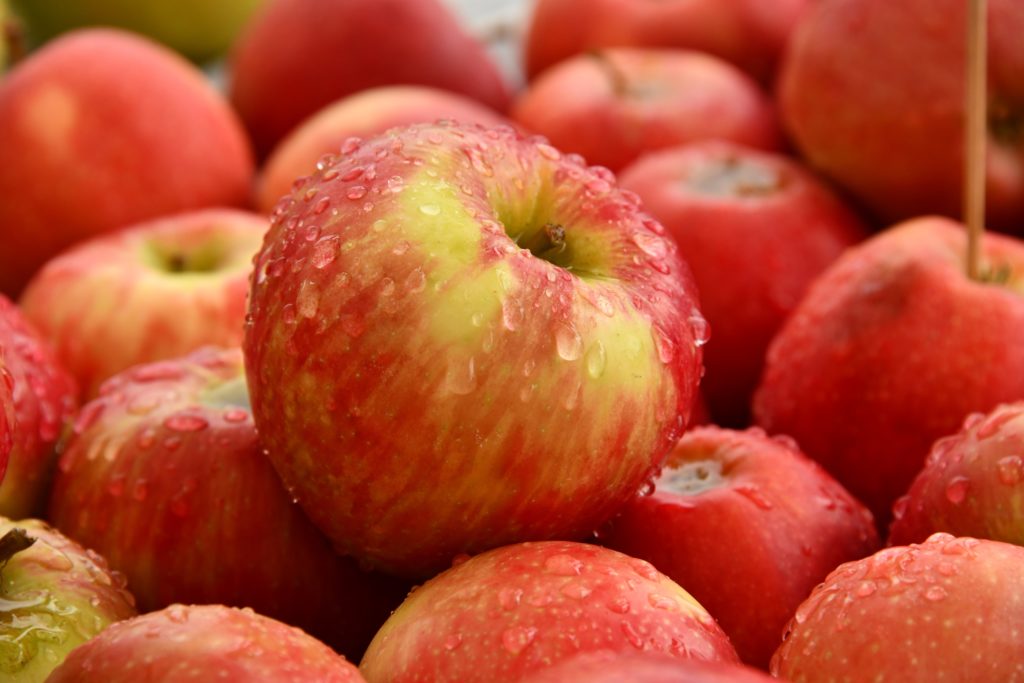“If you’re not hungry enough to eat an apple, then you’re probably not hungry.”
—Michael Pollan, Harvard University Professor

Image from Unsplash by Shelley Pauls
I eat an apple every morning as part of my breakfast routine. Honeycrisp and Jazz are two of my favorite varieties.
It is a bit strange to me that I rarely eat apples any other time of day. Perhaps because I am literally breaking my fast from my last meal or snack, 10-12 hours earlier.
What do you notice about you own hunger trends throughout your day?
What percent of your eating is generated by true hunger verses mindless or emotional eating?
EXERCISE:
Consider creating a hunger/food log to monitor your daily eating habits. What additional strategies can you use in addition to having a few tasty apples on hand to satisfy your optimal nutritional and hunger needs?

